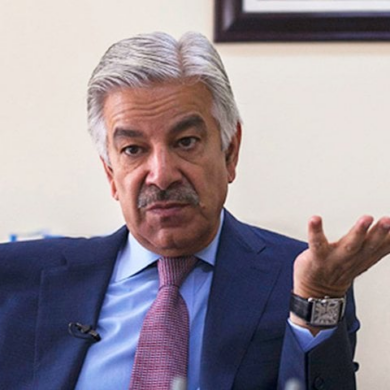According to a final draft of the declaration, G20 leaders gathered in Rome on Sunday (31 October) and discussed the key aim of limiting global warming to 1.5 degrees Celsius. In addition, they also pledged action on coal use but fell short of a target of zero emissions.
The pledges of the Group of 20 big economies, which account for about 80% of global carbon emissions, are critical to the success of the UN climate negotiations in Glasgow, which begin in a fortnight.
The leaders agreed to retain major promises made at the landmark 2015 Paris meeting, as per the draught communique that many sources indicated was the final form.
According to the final form, “Keeping 1.5 degrees within reach will require meaningful and effective actions and commitment by all countries, taking into account different approaches.”
Activist organizations lambasted the final statement as “weak” and half-hearted, while diplomats thought the language adopted was harder than in the Paris agreement.
Leaders from the United States, China, India, Russia, and the European Union, among others, urge for clear national plans that “match long-term ambition with short- and medium-term targets, as well as international cooperation and support,” according to the statement.
However, experts estimate that hitting the 1.5-degree objective will require cutting global emissions almost in half by 2030 and reaching “net-zero” by 2050 — and the G20 declaration does not specify a deadline, merely stating that net-zero will be achieved “by or around mid-century.”
The leaders did agree to stop funding for new unabated coal plants abroad by the end of 2021, i.e., those whose emissions have not been filtered.
Lacking ambition
Greenpeace, an environmental campaign group, condemned the final statement as “weak, lacking both ambition and vision,” claiming that G20 leaders “failed to meet the moment.”
Executive Director Jennifer Morgan said, “If the G20 was a dress rehearsal for COP26, then world leaders fluffed their lines.”
Global Citizen’s senior director, Friederike Roder, said the meeting resulted in “half-measures rather than concrete actions.”
However, French President Emmanuel Macron had already stated that it was too early to write off the Glasgow talks’ success.
Nearly 200 countries have gathered in Glasgow, with many of Rome’s leaders, including US President Joe Biden, flying straight there.
The Rome conference had to “do all possible” to assure Glasgow’s success, but Macron told the weekly Journal du Dimanche that “nothing is ever written before a COP.” Furthermore, he said, “Let’s not forget that in Paris, in 2015, nothing was decided in advance.”
China, the world’s largest carbon polluter, intends to make its economy carbon neutral by 2060 but has resisted calls for more immediate targets.
Meanwhile, India claims that if the global goal is to achieve net-zero emissions by 2050, then affluent countries should achieve carbon neutrality ten years earlier to provide poorer, emerging nations with a larger carbon budget and more time to develop.
Mario Draghi, the Italian prime minister, Prince Charles, and Pope Francis had all urged the large group of world leaders gathered in Glasgow to think big earlier.
Climate change is “the defining problem of our era,” according to Draghi, who added, “Either we act now… or we delay acting, pay a much larger price later, and risk failing.” Prince Charles, an environmentalist who attended the meeting, also reminded leaders of their “overwhelming responsibility” to combat climate change.
Heir to the British throne, Prince Charles said, “It is impossible not to hear the despairing voices of young people who see you, ladies and gentlemen, as the stewards of the planet, holding the viability of their future in your hands.”
Pope Francis later posted on Twitter and said, “This is a moment to dream big, to rethink our priorities… The time to act, and to act together, is now!”



